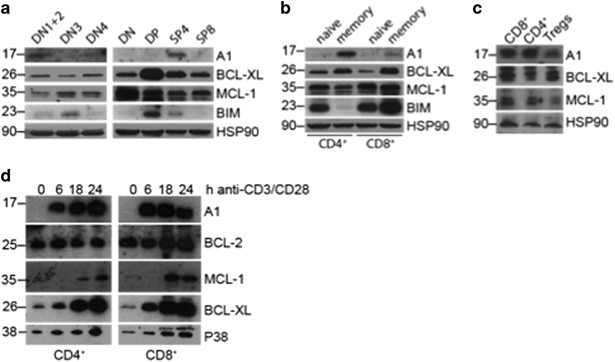- Select a language for the TTS:
- UK English Female
- UK English Male
- US English Female
- US English Male
- Australian Female
- Australian Male
- Language selected: (auto detect) - EN
Play all audios:
Nineteen seventy-seven is proving a great year for rock music, and the dreaded safety pin brigade is responsible for having shaken up what was becoming a complacent industry. So before
looking at the long-awaited new albums by such established heavies as Crosby, Stills and Nash, and Yes, I'll start with a plug for my personal favourites of the month, which happen to
be singles, and new wave singles at that. Jonathan Richman's Roadrunner (Beserkly BZZI) is a truly great song, as energetic, optimistic, and lyrically inventive as one of the Chuck
Berry classics. Against a simple, repetitive riff Richman bounds enthusiastically through a surreal anthem to the joys of cruising around in a car at night, listening to the radio, and
feeling in touch with the energies of urban society - "I'm in love with the modern world, got the radio on." That may sound trite (particularly to those who have never had a
chance to drive in America at night, listening to very good radio), but be assured that the results are magnificent. Also impressive – in a totally different, English, non-optimistic way –
is the Sex Pistols' Pretty Vacant (Virgin VS 184). Six months ago, I'd never have believed I'd be praising Mr John Rotten's musical abilities, but there's no denying
that this is a single almost up to early Who standards. As the Pistols aren't allowed to play anywhere at present, and indeed are in hiding after a series of attacks on them, it's
impossible to tell if they could repeat this on stage, or just how much the experienced producer Chris Thomas was responsible for the sound. No matter, it's sneering, slyly funny, and
has a great chorus line. As the music business suddenly realises that the new wave won't go away, and everyone tries to leap on the punk bandwaggon, there's also an awful lot of
bad new music emerging (Celia and the Mutations are all right, for instance, but I'm not keen on Venus and the Razorblades). One interesting sampler of it all is The Roxy London WC2
(Harvest SHSP 4069), a compilation of live sets from the Covent Garden club where it all started. There's too much boring audience chat, but otherwise a fair mix of the good and the
terrible in the do-it-yourself song boom. From New York's new wave clubs, there's an impressive band called Mink DeVille, who have apparently been around for years and were clearly
steeped in rhythm and blues before adding a harsh new veneer. Their first album, Mink DeVille (Capitol EST 11631) sounds like the missing link between Lou Reed, Bruce Springsteen, and the
Drifters. Willy DeVille hasn't Springsteen's intensity, but his material is excellent, sometimes echoing the Velvet Underground, sometimes the Philly bands, and sometimes sounding
Spanish. Like Tom Petty and Bob Seger, DeVille knows his rock history, but he's not just repeating. Finally, time for the rock establishment, sounding a little tired after these
disrespectful upstarts. Crosby, Stills and Nash (without Young this time) have got together again after eight years and the result is CSN (Atlantic K50369). The backing is simple and sparse
– just piano or acoustic guitar at times – and the three-part harmonies are perfect and pleasant, though it's a pity they are mostly wasted on songs that only hint back to the first
album, or have such dumb lyrics as Nash's Cathedral. Far, far better is the latest from Neil Young, American Stars 'N' Bars (Reprise K54088). While his three former companions
drift dolefully if lucratively away, Young has discovered a new energy. The first side, recorded this year, is a country set that is gritty, tough and melodic – everything Waylon Jennings
ought to be. On the second side are tracks from up to three years back. Then there's Yes, the band all serious rock critics are supposed to go wild about. In Going For The One (Atlantic
K60379) they are re-joined by Rick Wakeman, after a three-year absence, for an album that is overflowing with technique and good taste and impressive musicianship, but which I still only
partially enjoyed. All the layers of embroidery are there – the swirling keyboards and fine guitar work, and the emaciated vocals of Jon Anderson – but only on a couple of songs are they
used to advantage. There is a sturdy enthusiasm to the title track, and there is a rare blend of majesty, emotion and experimentation in the final track, Awaken, which is one of the finest
and boldest pieces they have written.








